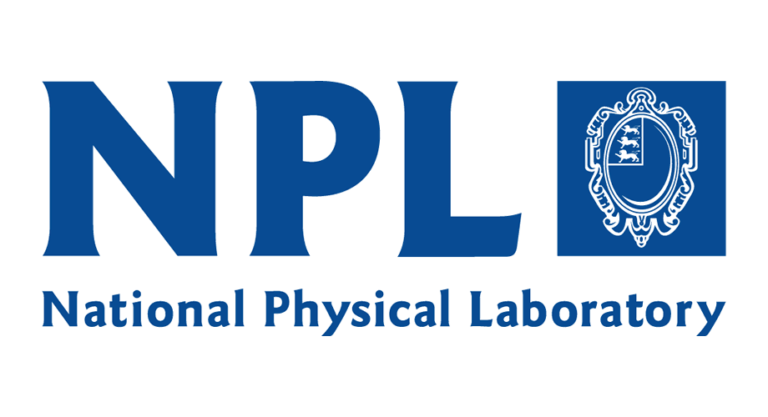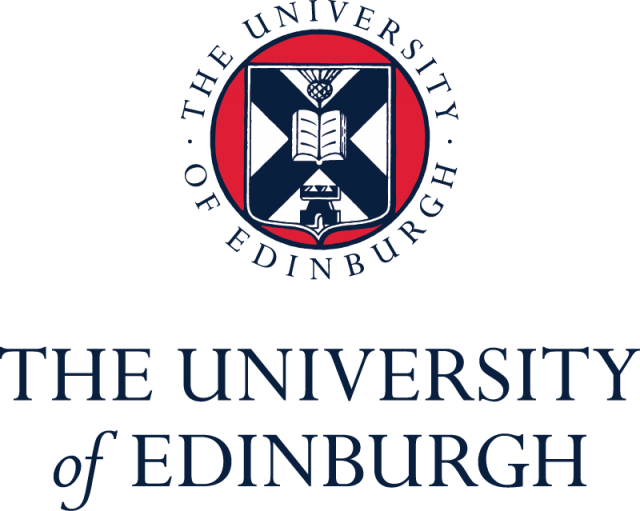The Programme
About the Package
Our students have their fees paid for the duration of the programme and also receive an annual stipend of £19,237 in year 1, rising to £21,237 (PhD) and £27,237 (EngD) in years 2-4.
In addition to this, students have access to a conference budget of up to £4,000 for the duration of the programme.
Programme Details
The programme duration is four years. All students study 180 credits of postgraduate technical and business courses (majority at SCQF Level 11 NQF/QCF Level 7). Normal entry is in September, with core technical courses delivered in two 60-credit residential blocks, the first from September to December at the University of St Andrews and the second from January to May at the University of Strathclyde and Heriot-Watt. Each block comprises a set of mandatory courses, but elective courses are available from our partner universities.
Selected courses may be available in distance-learning format, allowing company employees to pursue an EngD without spending a large amount of time away from the company.
Students progress to their research project in June, with EngD projects normally located at the company’s site and PhD projects based in research groups at one of our university partners. Our students spend 75% of their time working directly with a company and 25% on courses.
Each research project is proposed by one of our industrial partners and is normally located at the company’s site (EngD) or university research laboratory (PhD). Students are co-supervised by an industrial and academic supervisor and benefit from resource and expertise from both the industrial and academic partners.
The remaining taught courses are business-oriented and are delivered by the Edinburgh Business School at Heriot-Watt University in intensive blocks. These courses run in years two and three.
Forming a strong cohort is an important part of the programme and our students meet regularly for professional and skills workshops throughout the duration of the programme.
What is an EngD?
As well as a PhD route, our centre also offers the alternative Engineering Doctorate (EngD) route. This is an alternative to the traditional PhD for students who want a career in industry. The EngD recognises the fact that the research must meet industry and commercial needs and has an increased emphasis on industrially relevant innovation.
Typical Course Route
Year 1
Semester 1 (September-December)
Mandatory courses
| Photonics Lab (PH5181) | 15 credits | University of St Andrews |
| Optical Imaging Concepts (PH5192) | 15 credits | University of St Andrews |
Semester 2 (January-May)
Mandatory Courses
| Systems Engineering Lab and Group Project (B21SE) | 20 credits | University of Strathclyde |
| Photonic Sensors from Devices to Systems (B21PS) | 15 credits | Heriot-Watt University |
| Optical Metrology and Instrumentation (NEW for 2024 entry) | 15 credits | Heriot-Watt University |
Plus 40 credits of elective courses from a wide choice from across the partner universities, subject to course availability and timetabling.
University of St Andrews
Laser Physics and Design (PH5005) | 15 credits | ||||||
Nanophotonics (PH5025) | 15 credits | ||||||
Advanced Data Analysis (AS5001) | 15 credits | ||||||
| Applications of Quantum Physics (PH5015) (NEW for 2024 entry) | 15 credits |
University of Edinburgh
| Biosensors & Instrumentation (PGEE11040) | 10 credits |
Solar Energy & Photovoltaic Systems (PGEE11107) | 10 credits |
Applications of Sensor and Imaging Systems (PGEE11136) | 10 credits |
Microfabrication Techniques (PGEE11038) | 10 credits |
Heriot-Watt University
Ultrafast Photonics (B21UF) | 5 credits |
Optical Design (B21OZ) | 5 credits |
Fibre Optics (B21FO / B21FC) | 7.5 / 15 credits |
Case Study Review (B21PC) | 5 credits |
University of Glasgow
Advanced Devices (ENG5261) | 20 credits |
Imaging and Detectors (PHYS5035) | 10 credits |
Advanced Data Analysis for Physics and Astronomy (PHYS5001) | 10 credits |
| Quantum and Atom Optics (PHYS5002) | 10 credits |
Advanced Imaging and Therapy (ENG5285) | 10 credits |
Micro- and Nano-technologies (Provisional for 2024) | 20 credits |
Years 2 & 3
Edinburgh Business School at Heriot-Watt University
Mandatory courses
| Financial Decision Making (H11FM) | 20 credits | Heriot-Watt University |
| Delivering Successful Projects (H11DP) | 20 credits | Heriot-Watt University |
| Strategic Marketing (H11SM) | 20 credits | Heriot-Watt University |









